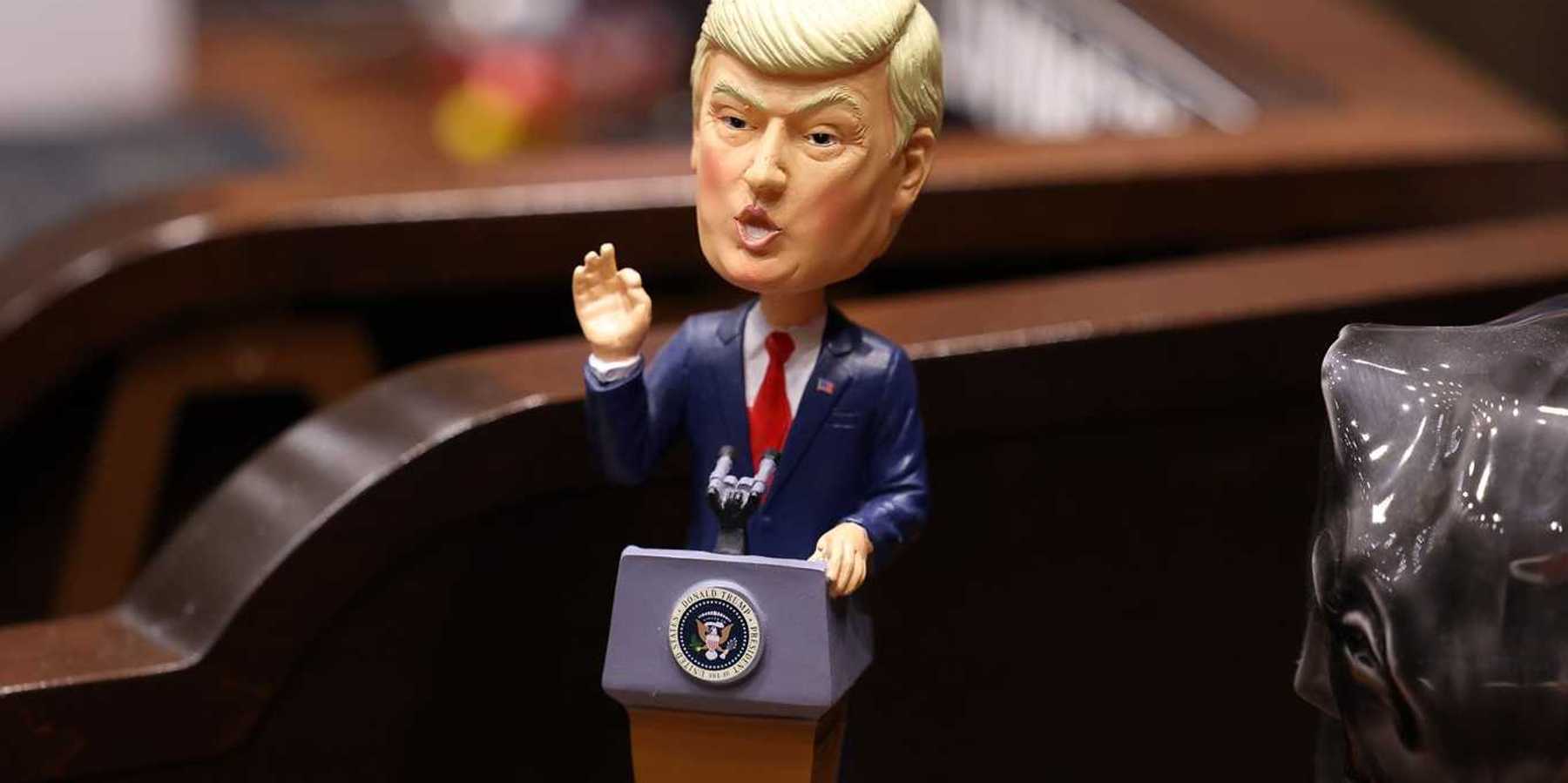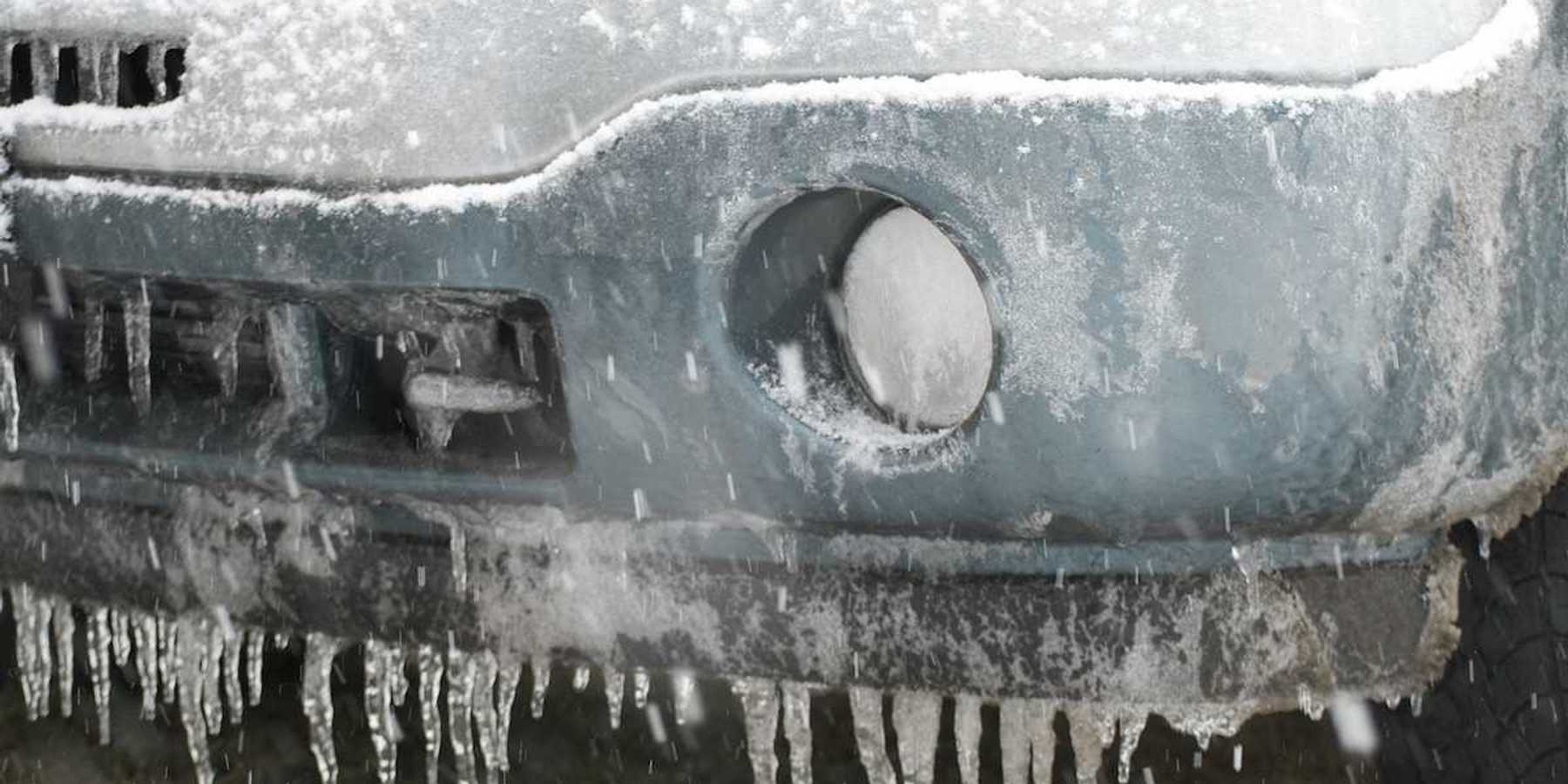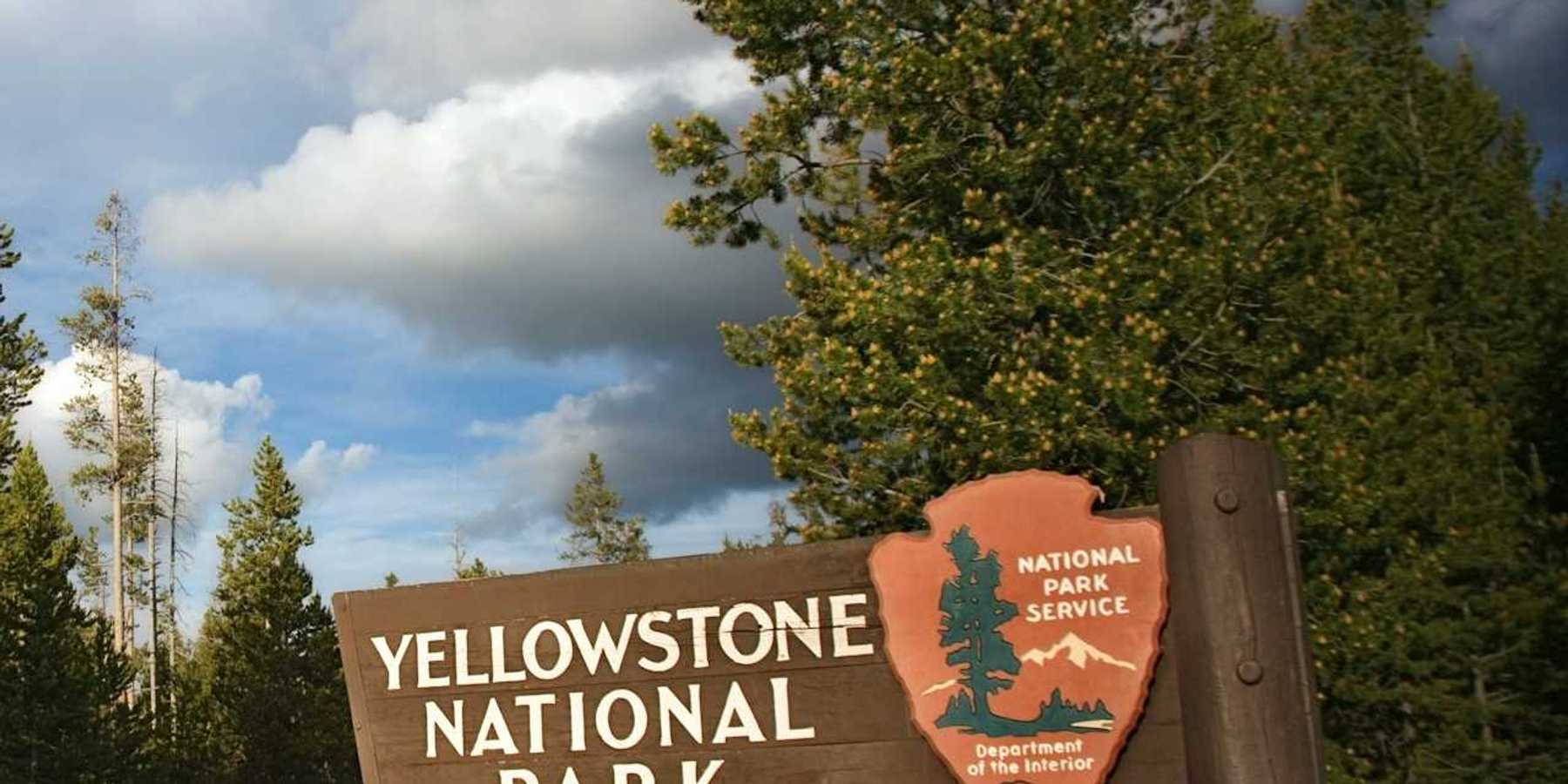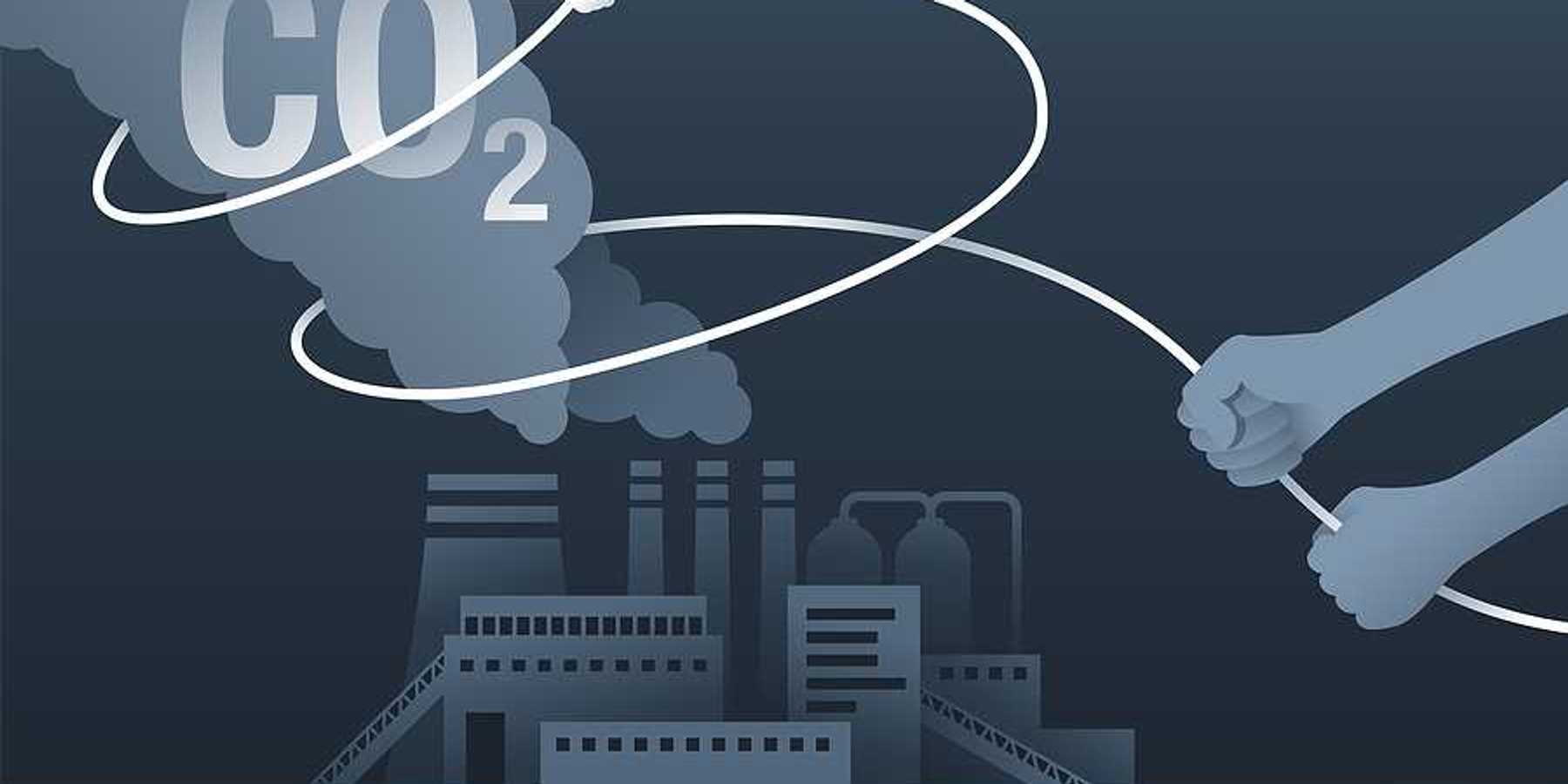Trump administration may cancel hydrogen hub projects in Democratic-led states
A plan circulating in the Department of Energy suggests slashing federal funds for clean hydrogen hubs in Democratic-leaning states while preserving funding for similar projects in Republican-led areas.
Zack Colman, Ben Lefebvre, Kelsey Tamborrino and James Bikales report for POLITICO.
In short:
- A draft DOE list recommends cutting funding for four of seven regional hydrogen hubs, all located in states that voted for Biden, while keeping funding for three hubs in red states.
- The $7 billion program was designed to jumpstart clean hydrogen development in hard-to-decarbonize sectors like steel, fertilizer, and power.
- Critics say the cuts could violate federal budget law and damage trust in federal energy investments, while supporters argue they align with President Trump’s fossil fuel priorities.
Key quote:
“We’re asking them, one to be aware that this is happening, and two, communicate to the secretary of Energy and to the administration that these are important.”
— Frank Wolak, CEO of the Fuel Cell and Hydrogen Energy Association
Why this matters:
The Biden administration’s hydrogen hub program was launched with the promise of transforming the way the U.S. powers hard-to-decarbonize sectors — think steel, cement, and heavy transport — using “clean” hydrogen. Funded through the Bipartisan Infrastructure Law, these hubs were designed to act as regional centers for producing hydrogen from low-carbon sources like renewables, nuclear energy, or natural gas paired with carbon capture. Advocates saw them as critical to meeting long-term climate targets while supporting economic development in both red and blue states.
But with President Trump back in office and Republican lawmakers increasingly skeptical of federally funded climate programs, the future of these hubs is uncertain. A rollback or reduction in support could not only undercut the technical and financial momentum of the projects themselves, but also send a chilling message to private investors banking on the reliability of federal partnerships. For communities and industries hoping to modernize their energy systems — and for regulators trying to bridge partisan divides — this shift raises concerns about the durability of U.S. climate policy.
Related:













